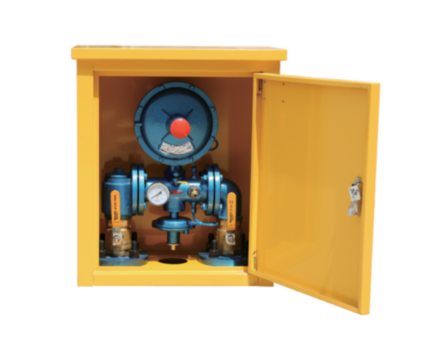
Jul . 25, 2024 12:49
Back to list
Innovative Technologies in Heat Exchanger Design for Enhanced Energy Efficiency and Performance Optimization
The Importance of Heat Exchangers in Modern Industry
Heat exchangers are vital components in many industrial processes, playing a crucial role in energy efficiency and temperature regulation across various applications. From power plants to chemical processing, the effective transfer of heat between fluids is essential for optimizing performance and reducing operational costs.
What is a Heat Exchanger?
In simple terms, a heat exchanger is a device designed to transfer heat between two or more fluids. These fluids may be separated by a solid wall to prevent mixing or may be in direct contact with each other. The primary goal is to either heat or cool a fluid without altering its phase, which makes heat exchangers indispensable in a myriad of processes.
Types of Heat Exchangers
There are several types of heat exchangers, each suited to specific applications. The most common types include
1. Shell and Tube Heat Exchangers Comprising a series of tubes, these exchangers allow one fluid to flow through the tubes and another to flow around the tubes, facilitating heat transfer. They are widely used in oil refineries and chemical plants due to their efficiency and scalability.
2. Plate Heat Exchangers Made up of thin plates stacked together, these exchangers provide a large surface area for heat transfer while occupying a smaller footprint. They are ideal for applications requiring high thermal efficiency, such as food processing and HVAC systems.
3. Air-Cooled Heat Exchangers Utilizing air to cool fluids, these exchangers are popular in power plants and industrial cooling processes where water is scarce. They often rely on fans to increase heat transfer efficiency.
4. Double-Pipe Heat Exchangers The simplest design consists of one pipe inside another, with one fluid circulating through the inner pipe and another through the outer pipe. They are easy to design and manufacture, making them suitable for small-scale applications.
heat exchanger

Applications of Heat Exchangers
Heat exchangers have a broad range of applications across various industries
- Power Generation They are critical in power plants for steam generation and cooling processes, enhancing the overall efficiency of energy production.
- Heating and Cooling Systems In residential and commercial HVAC systems, heat exchangers contribute to heating and cooling indoor environments efficiently.
- Chemical Processing In chemical plants, they help maintain optimal temperatures for various reactions, ensuring product quality and safety.
- Food and Beverage Industry Heat exchangers are crucial in pasteurization and food processing, where precise temperature control is necessary to meet safety standards.
Energy Efficiency and Sustainability
Modern heat exchangers are designed with energy efficiency in mind. By reclaiming waste heat and minimizing thermal losses, they contribute significantly to reducing overall energy consumption in industrial processes. As industries face mounting pressure to reduce their carbon footprint, the development of advanced heat exchanger technologies, such as compact heat exchangers and regenerative heat exchangers, is becoming increasingly important.
Conclusion
In conclusion, heat exchangers are essential components that facilitate heat transfer in various applications, contributing significantly to energy efficiency and operational effectiveness. As industries continue to evolve and seek greener solutions, the role of heat exchangers will only grow in importance. By investing in advanced designs and technologies, organizations can not only enhance their productivity but also contribute to a more sustainable future. Understanding the intricacies of heat exchanger operation and maintenance will be key for industries looking to leverage their full potential in the years to come.
Latest news
-
Safety Valve Spring-Loaded Design Overpressure ProtectionNewsJul.25,2025
-
Precision Voltage Regulator AC5 Accuracy Grade PerformanceNewsJul.25,2025
-
Natural Gas Pressure Regulating Skid Industrial Pipeline ApplicationsNewsJul.25,2025
-
Natural Gas Filter Stainless Steel Mesh Element DesignNewsJul.25,2025
-
Gas Pressure Regulator Valve Direct-Acting Spring-Loaded DesignNewsJul.25,2025
-
Decompression Equipment Multi-Stage Heat Exchange System DesignNewsJul.25,2025

